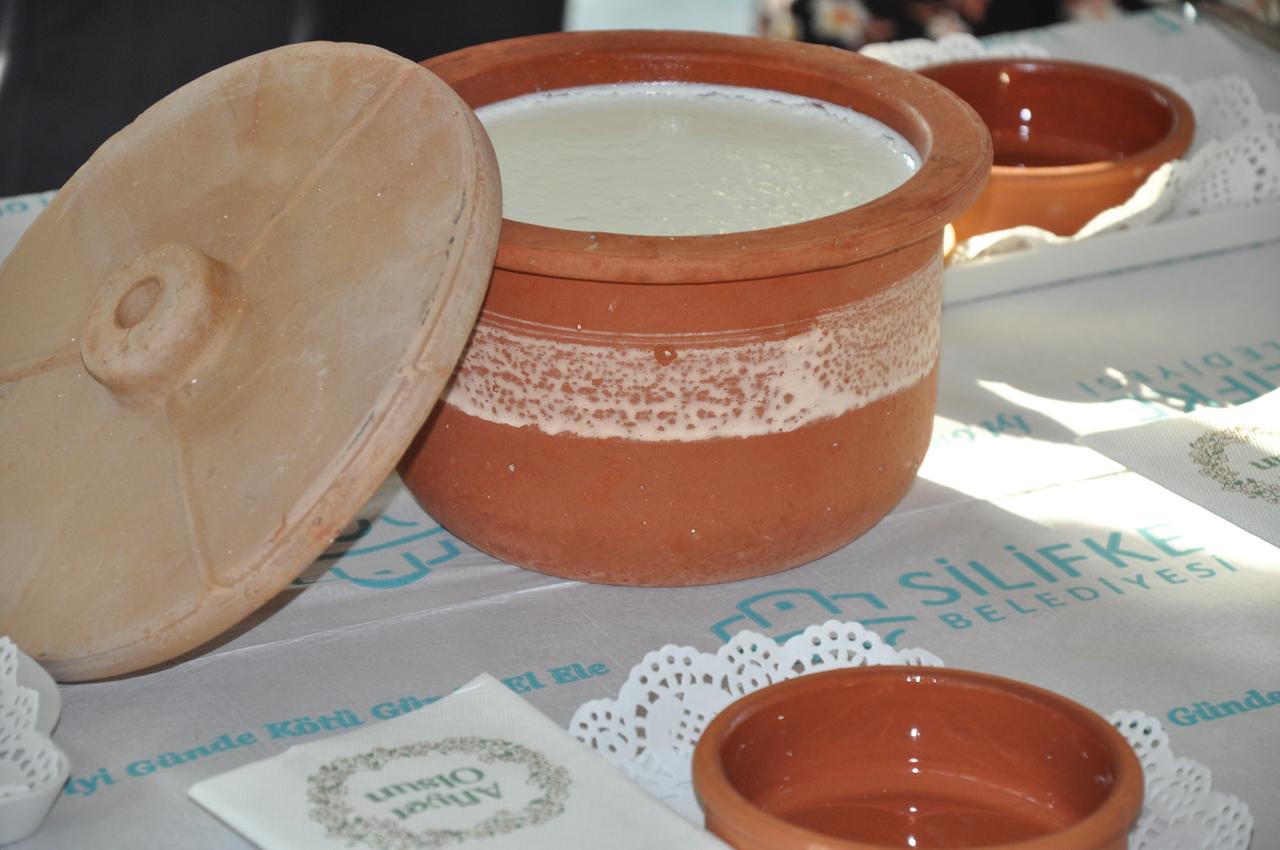
Silifke Yogurdu, a yogurt long celebrated in folk songs, has received Protected Geographical Indication (PGI) status from the European Union, making it the first yogurt from Türkiye to gain this recognition and the first product from the Mersin region to do so.
The registration is designed to safeguard the name “Silifke Yogurdu,” tie it to its place of origin, and help open new markets for local producers.

PGI is an EU designation that preserves product names linked to a region’s environment and traditional methods; the EU notes that registering Silifke Yogurdu aims to highlight these specific characteristics and raise the product’s economic value for local makers.
In line with EU rules, the PGI logo must appear with the product name so buyers can identify the authentic yogurt at a glance.
“Receiving the first PGI registration for one of Türkiye's yogurt varieties is an important recognition,” said Jurgis Vilcinskas, Acting Head of the Delegation of the European Union to Türkiye. “With the PGI logo, producers have better market opportunities, and consumers know they are getting the real Silifke Yogurdu when they see the logo.”

Produced in Mersin province, Silifke Yogurdu is made either from goat milk alone or from a blend of cow and goat milk. The yogurt is thicker than many styles, shows a clean, waxy taste, and—thanks to goat milk—has a bright white appearance with a smooth, creamy mouthfeel; adding cow milk brings a slightly creamier tone.
The milk comes from the region’s hairy goat, locally known as “kara keci” (black goat), which grazes on aromatic plants in the Taurus Mountains, while cows feed on the green pastures of the Goksu plain and on dried peanut leaves, factors that contribute to the yogurt’s aroma.

Nurettin Kaynar, president of the Silifke Chamber of Commerce and Industry, called the registration a milestone: “Silifke Yogurdu has officially become the first Turkish yogurt to be recognized by the European Commission. We hope that this recognition will bring prosperity to our district, our province and our country.”
Producers also report tangible momentum.
“With (Türkiye’s) GI logo, our sales have already increased, and we’re very pleased. Now, we are waiting to use the EU PGI logo. We hope that sales will increase more,” said yogurt maker Sadrettin Iris, offering “a big thanks to everyone who has contributed.”
Another producer, Ismail Hakki Koroglu, added that interest from Europe has grown, with many overseas Turks eager to try the yogurt.